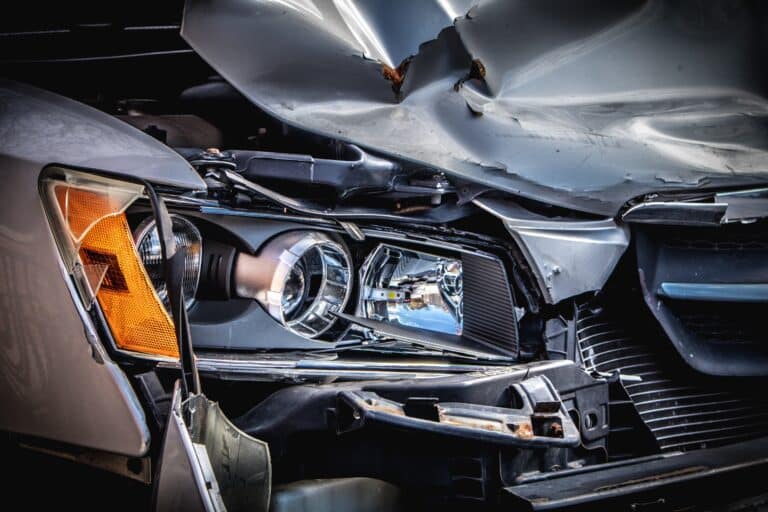By now, most drivers are well aware that texting behind the wheel is a
dangerous habit that substantially increases the risk of car accidents
and injuries. However, as anyone who has taken a peek through the windows
of passing cars can verify, many Missouri motorists seem unwilling or
unable to stop.
WHY DO DRIVERS DO IT?
There are most likely a variety of factors that contribute to the ongoing
prevalence of
distracted driving in the face of such well-known risks. One issue may be that while people
are often well-informed about the risks that other drivers pose while
texting, they often fail to make the connection to their own behavior.
A study conducted by researchers at Kings College in Pennsylvania showed
that 80 percent of college students surveyed admitted to texting while
driving even though they widely agreed that it is a dangerous activity.
The catch, it seems, is that many of the students – males in particular
– considered themselves to be better drivers than most, and therefore
more adept at multitasking while on the road.
Unfortunately, chances are good that these drivers are overestimating their
own abilities. As MIT neuroscience professor Earl K. Miller explained
recently to Fox News, the people who have the most confidence in their
ability to multitask actually are often the ones who are worst at it.
This self-delusion, he says, is a way of rationalizing their own behavior
in order to continue to do something that they intellectually know to
be dangerous.
WHY DON’T THEY WANT TO STOP?
But if texting drivers know that what they are doing is dangerous, why
would they want to continue it at all? For some drivers, at least in part,
it may be a matter of brain chemistry. According to Dr. David Greenfield,
a technology addiction expert quoted recently by Forbes, the act of receiving
a text, email message or social media update causes the brain to release
a powerful chemical called dopamine – the same chemical that plays a role
in alcoholism, smoking or gambling addiction.
When a text message triggers a release of dopamine into the brain, it causes
a brief surge in feelings of pleasure and happiness. Those feelings then
subside, which in turn causes the brain to crave a new “hit.”
This, Greenfield says, is part of what makes it so difficult for some
drivers to resist the urge to check their phones even though they know
it is unsafe, just as it makes it difficult for addicted gamblers to resist
the temptation of placing a bet when they know they should not.
HOW BIG IS THE PROBLEM?
Despite years of efforts by parents, lawmakers and special interest groups
to combat distracted driving and raise awareness about the issue, distracted
drivers remain a constant and pervasive threat to public safety in the
United States. In fact, according to a study by the National Highway Traffic
Safety Administration, there are about 660,000 drivers using handheld
phones and other mobile devices at any given moment between dawn and dusk
throughout the nation. This number has been holding steady since 2010.
WHAT IF I AM HURT BY A DISTRACTED DRIVER?
If you or a family member is hurt by a distracted driver in Missouri, you
may be able to receive compensation to help cover the cost of your medical
bills, lost wages and pain and suffering. By talking things over with
an attorney, you can explore your legal options and learn how to protect
your right to seek compensation through the civil legal system.




